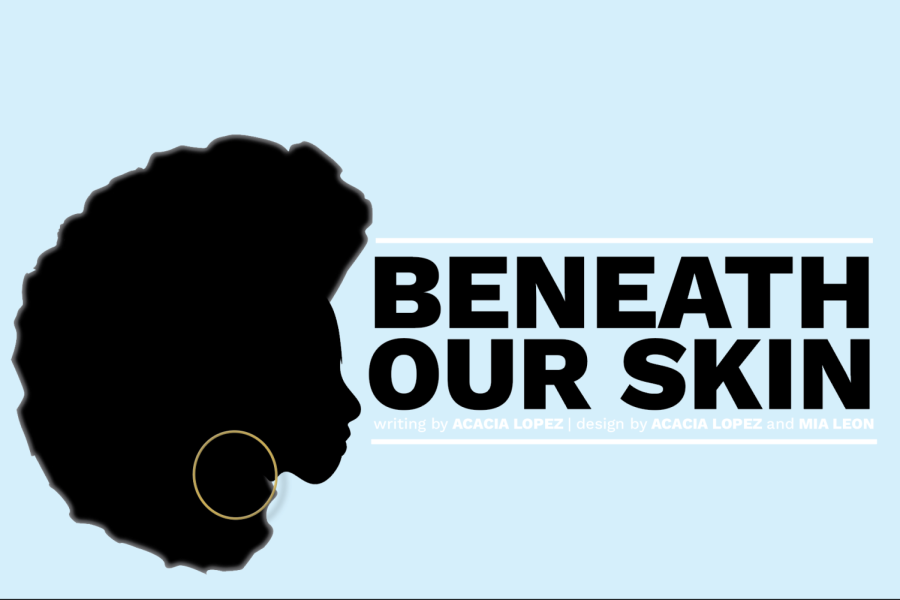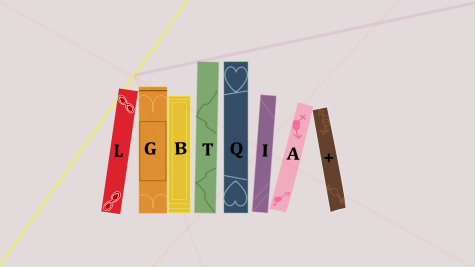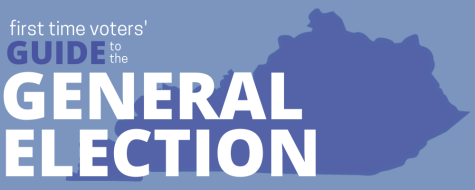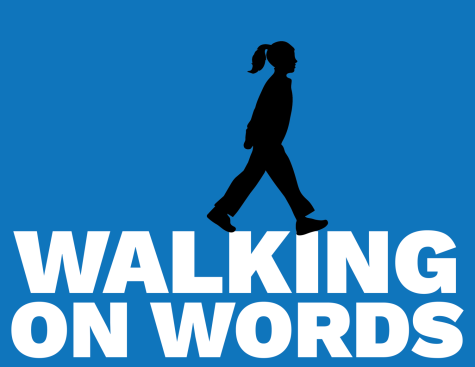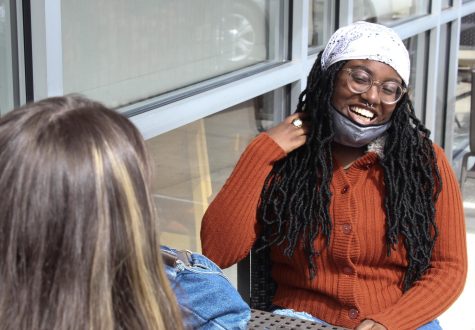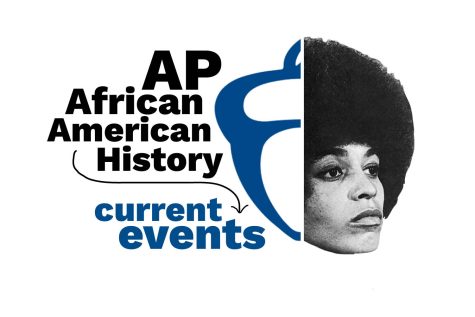Beneath Our Skin
See how the stigma and inaccessibility of therapy disproportionately affects Black Americans in today’s society.
Photos by Mia Leon and Acacia Lopez
“Despite the resolved financial barriers, there is a trust and relatability issue that prevents the black community from releasing emotional control and reaching out for help.”
Therapy — a controversial word. The topic that can float through a person’s mind all the time, something spoken but never really done at least. The stigma surrounding the word has a historically negative connotation within the black community that pushes the idea that therapy is not something commonly practiced and shouldn’t be accepted. This mindset has been passed down through families, causing what is commonly known as “generational trauma,” a kind of trauma that is experienced by multiple people over time. Generational trauma, as all trauma, can create lasting psychological impacts on those who experience it.
Tanesha Martin and Lauren Muir, behavioral health professionals at Martin & Muir Counseling in Louisville, Kentucky, provide insight into the general outlook of mental health counseling and the disadvantages of the stigma surrounding it, specifically for people of color (POC).
“So how do you break that generational trauma: seeing this as a stigma, seeing this as a bad thing, but recognizing your thoughts are irrational and your behaviors are not okay?” Martin said. “With this conversation, adults are recognizing they need help, but they have been the product of that stigma.”
The stigma of mental health in the black community is a topic that is often misunderstood and brushed under the rug. Mental health is an important conversation that has gained more attention in younger generations. However, as people face rising economic challenges, high costs of therapy and mental counseling erase the urgency of decreasing the stigma in favor of financial stability. Due to the lack of healthcare information accessibility, the black community may be unaware of the solution to their financial insecurities regarding therapy affordability.
“Medicaid pays for therapy for free, almost indefinitely — you can be in therapy as long as you want to, and it is 100% free,” the “minority mental health project or otherwise known as therapist for protesters wellness provides free vouchers, this way people don’t have to feel like they can’t go to therapy because they can’t afford it.” Martin explained. Therapy is often thought to be a privilege rather than a mental health necessity. It is considered a luxury to some, but to others, it is a fundamental step in building a prosperous life.
Despite the resolved financial barriers, there is a trust and relatability issue that prevents the black community from releasing emotional control and reaching out for help. “We don’t talk about our business to strangers [because of] the fear that the CPS authority will get involved if they tell a story,” Muir said. This causes a displaced trust in the mental health care system, leading to a disinterest in Black Americans and preventing them from reaching out for said help. Another aspect of trustworthiness in mental health counseling comes from the fact it is a predominantly white field of study. “Black people seek out black therapists in a lot of different ways,” said Mauir. Recently, there has been more help than ever in focusing on availability in obtaining counseling.
Trauma affects people in different ways, and the lasting effects can be detrimental to anyone, regardless of race or economic status. Serious issues come into play when help is not properly obtained. The suicide rate for black males in Jefferson County has gone up 26% in recent years. “Black and brown people’s mental health is the hot topic. We’re trending down in a way that we haven’t been trending. Usually it’s fashion, music, but we are now trending; trending in areas that we typically weren’t and we need to take advantage of that,” Martin said. That is why it is so important for people of color to understand the reality of therapy inaccessibility within black culture. Therapy is not a financial burden nor an embarrassment. The stigmatization of obtaining counseling only damages those in need, but the shifting tides of the new generation are reinventing the practice into something beautiful and helpful to all.
Donations are collected through The Publishers, duPont Manual High School's booster club for J&C. On The Record relies completely on sponsorships, advertisements, and donations to produce and distribute each issue. Please consider donating to our cause, and helping the student journalists of OTR amplify youth voices for years to come.

Acacia is a senior and the HR coordinator for On The Record. This is her second year on the staff, and she enjoys working with the Marketing team on communicating...


